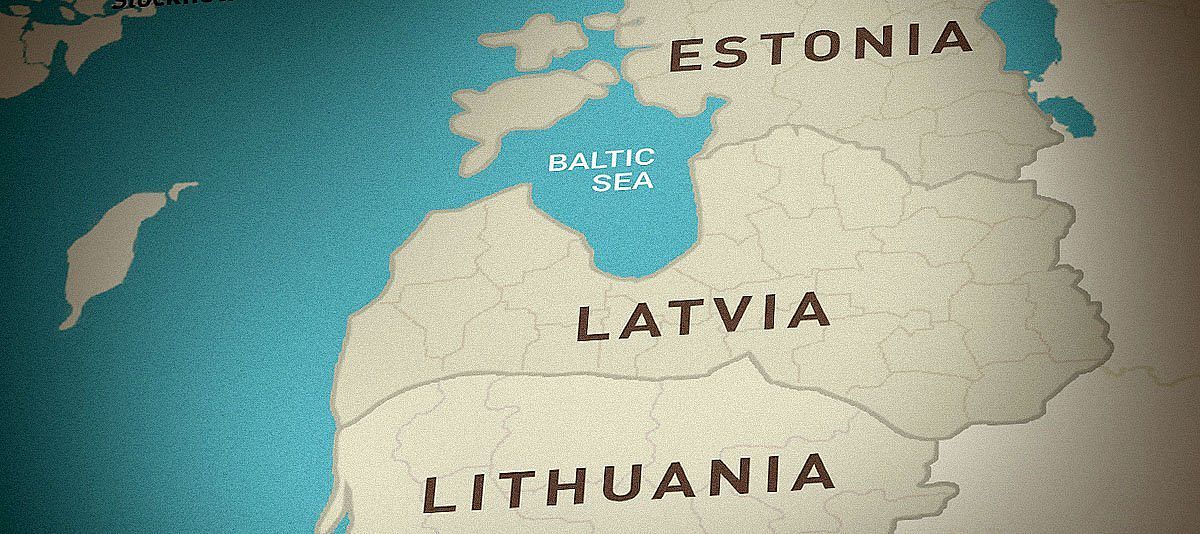With the credit crisis having a direct impact on funding costs and drying up of interbank credit lines, a few foreign banks have altogether stopped supplies of gold to Indian banks in a bid to reduce their exposure to Asian markets.
This comes at a time when global liquidity pressures have eased considerably and local demand for the yellow metal has picked up as prices have come off the highs witnessed in the early part of October.
Dealers from many banks told ET that supplies have been squeezed with banks, such as Standard Bank of South Africa, one of the main suppliers, Commerzbank and UBS, stopping supplies altogether or reducing them on a consignment basis.
“Both Commerzbank and Standard Bank have stopped supplies on a consignment basis to Indian banks since October, while UBS has reduced its exposure,” said a bullion dealer from a public sector bank.
“Apart from the cost of funds having played a part in their decision to stop or go slow on supplies, the main reason is reluctance on part of these banks to take exposure to Asian banks for fear of defaults.”
While Standard Bank refused to comment, email queries to UBS and Commerzbank failed to elicit an immediate response.
The stoppage of supplies from these banks come even as gold lease rates — the difference between Libor and gold forward offered rates fixed by six banks — have come off their highs witnessed in October and even as the London offered interbank rate (Libor) eased considerably as part of pump priming efforts in western economies.
According to Bloomberg data, for the period between May and November, one-month gold lease rates closed at 1.66% on Monday, down from a closing high of 2.69% on October 7. This, however, continues to remain substantially higher than the average lease rate of 0.6% over the same period.
Similarly, a look at Libor one-month over the same period shows that the rate is well off its closing high of 4.58% on October 10, having closed at 2.35% on Monday, below the six-month average of 2.78%.
However, a dealer from a private bank with active bullion operations maintained that while Standard Bank had stopped supplies on consignment basis, it considers India a ‘key’ market and could start supplies eventually.
In the consignment model, gold is imported by RBI-nominated agencies, such as banks. The ownership of the gold remains with the suppliers and the importer (bank) acts as an agent. Remittance towards the cost of gold import is made as and when the bank sells the gold as per the agreed terms and conditions with the supplier. The import of gold through this mode takes precedence over other forms, such as gold loans.
Spot gold in dollar terms closed at $723.4 an ounce (31.10 gms) on Monday, down over 20% from its closing high on October 9 when the Libor rates shot through the roof.
High prices in the first-half of October could have dented local demand as Bombay Bullion Association data for the festive month show that gold imports into India, fell by 27% in October on a year-on-year basis to 44 tonne.
Constrained supplies have also meant a substantial increase in premiums charged by banks. "Premiums are quoting at $5 over the market price as compared with 70 cents in normal times," said Riddhisiddhi Bullions director Prithviraj Kothari.
Author: Jo Amey
607
Gold Supplies to Indian Banks Stopped
Some foreign banks have altogether stopped supplies of gold to Indian banks in a bid to reduce their exposure to Asian markets whilst the credit crisis having a direct impact on funding costs and drying up of interbank credit lines








